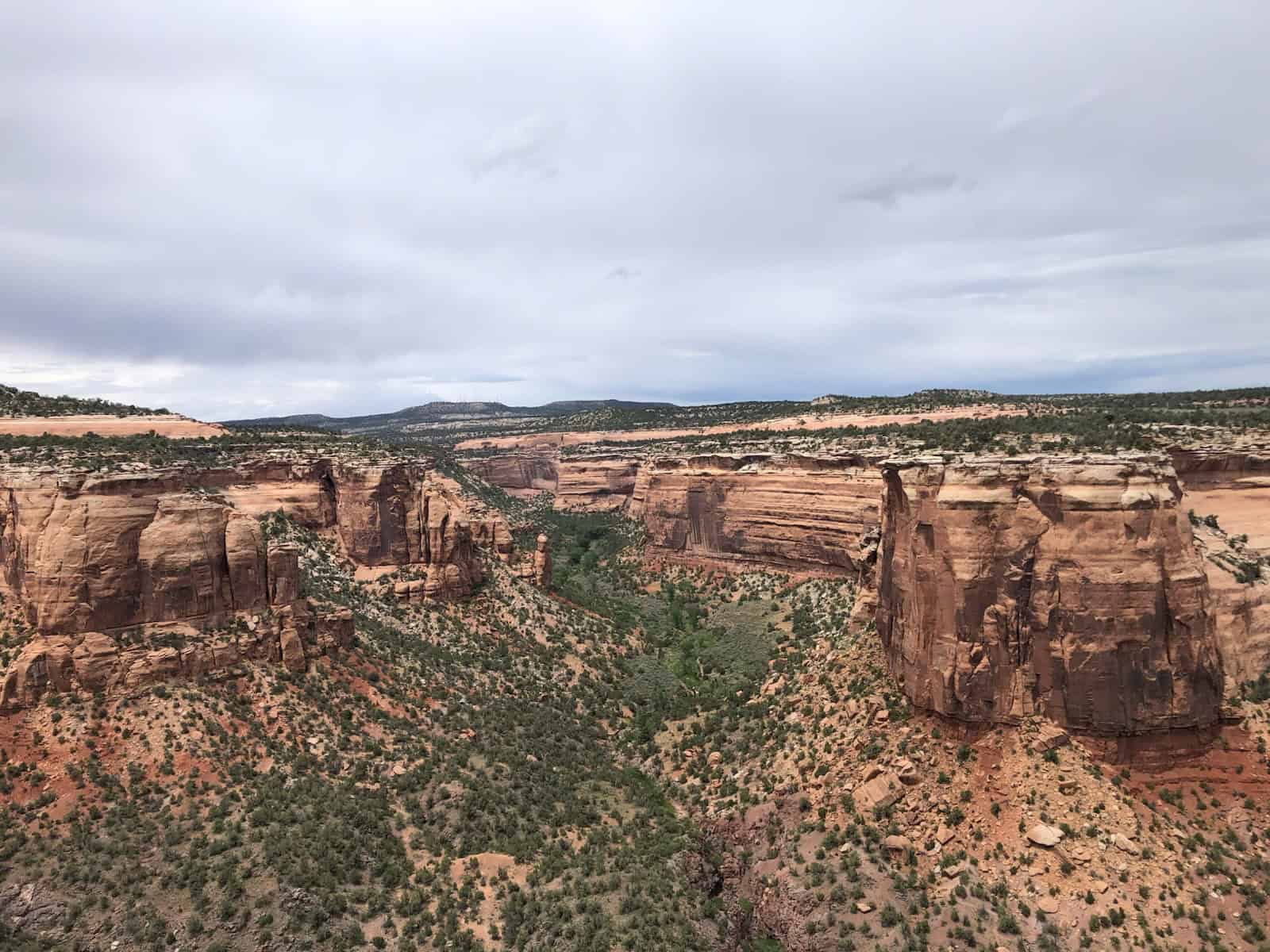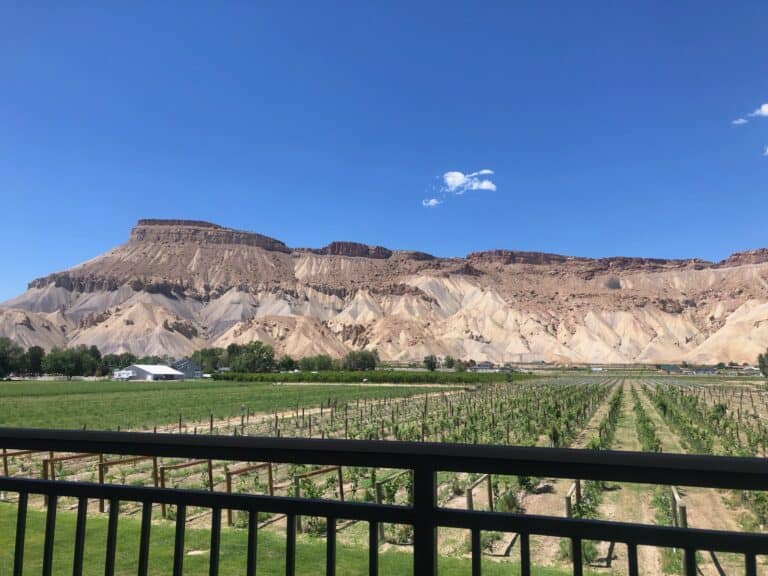CLUB 20: A legacy of advocacy and the future of its research Foundation
In 1953, Preston Walker and 13 founding members created CLUB 20 to address a simple – but urgent – problem: Western Colorado was receiving only 10 percent of the state’s highway dollars, despite vast needs west of the Continental Divide.
At the time, U.S. Highway 6 was the only continuously paved road in the region. And so, the “Voice of the Western Slope” began.
CLUB 20’s first act was to build consensus around which roads should be paved. The inaugural priority was U.S. 160 from Pagosa Springs to Cortez. Within just six years, their highway prioritization program led to the paving of all major Western Colorado highways, and nearly half of the state’s transportation budget was being spent west of the Divide. That grassroots success laid the groundwork for Colorado’s current regional transportation system.
Expanding horizons: Rural, tourism and wilderness advocacy
Through the decades, CLUB 20 became known for tackling projects that reflected the unique needs of the Western Slope:
- 1960s–70s: Tourism Development
Leaders Art Moss and Dale Hollingsworth launched the Friendly Native Program, Western Colorado’s first organized tourism effort. Through hospitality training, radio ads and regional maps, the campaign encouraged travelers to explore iconic sites like Mesa Verde, Black Canyon of the Gunnison, and the Colorado National Monument. The program was so successful that it later became the template for the state’s taxpayer-funded tourism initiative. - 1980s: Wilderness Policy
Under the leadership of Chairman Wayne Aspinall, CLUB 20 organized bottom-up hearings across the region with Gov. John Vanderhoof. These meetings produced the last Western Colorado Wilderness bill to pass Congress – a landmark example of locally driven land-use policy. - 1990s: White Papers and Rural Issues
CLUB 20 returned to its research-driven roots by producing white papers on pressing challenges:- Information Dirt Road: Calling for rural telecommunications investment when many Western communities still had four-party phone lines.
- Invisible Bust: Warning against the loss of tax base and jobs because of attacks on agriculture, mining, and energy.
- Decline of the Aspen: Advocating for active forest management to sustain timber industries and reduce wildfire risks.
These studies not only informed public debate, but also gave Western Colorado a stronger collective voice in seats of government located in Denver and Washington, D.C.
The role of the Foundation
Historically, the CLUB 20 Research and Education Foundation served as the think tank behind CLUB 20, publishing the research and analysis that the advocacy arm would then promote. The goal was always economic development rooted in the unique strengths and needs of the Western Slope.
Now, with the Western Slope facing even greater challenges, the Foundation is being refocused to meet today’s challenges. With Matt Solomon as board chair and Wade Haerle as executive director, the Foundation is sharpening its mission around four pillars: Water, Energy, Transportation and Communication.
Solomon previously served as an Eagle Town Council member, is a small business entrepreneur and the head of the Northwest Colorado Energy Initiative. Haerle served as the membership director of CLUB 20 in the 1990s and helped form the Club 20 Foundation with Greg Walcher, the former president of CLUB 20.
Why refocus now?
Leaders argue that Western Colorado faces a new wave of top-down policies from the state legislature and governor’s office that threaten local ways of life. Just as in 1953, when the region had to fight for its fair share of transportation funding, the Foundation now seeks to restore bottom-up, consent-based policymaking grounded in facts, not politics.
“Our goal is to get back to data-driven, fact-based decision-making,” Haerle said. “We need to ask: What does Western Colorado want? And provide the answer to Denver and Washington, D.C.”
The first project: Energy for the future
The Foundation’s first major undertaking will be an ambitious Energy Impact Analysis, conducted in partnership with Colorado Mesa University and Purdue University. The study will compare the life-cycle costs, environmental impacts and economic contributions of all major energy sources – wind, solar, geothermal, natural gas and nuclear.
The project comes at a critical moment:
- The U.S. will need 50 percent more electricity in the coming years to meet electrification and AI-driven demand – roughly the equivalent of powering 10 new New York Cities.
- Colorado alone must add at least four gigawatts by 2031 to reach its own energy goals.
Western Colorado has historically risen to the nation’s energy challenges, from Rangely’s oil during WWII to Montrose uranium for the Manhattan Project, to coal and natural gas development during the 1970s oil embargo. The Foundation’s new research aims to position the region to once again play a central role.
Looking ahead
The Foundation plans to relaunch CLUB 20 Magazine, featuring in-depth articles, research summaries, and even the return of the “Phantom Traveler.” It will also expand public outreach, fundraising, and coalition-building efforts to ensure Western Colorado’s perspective is part of national and state conversations.
“Together, CLUB 20 and the CLUB 20 Foundation remain advocates for Western Colorado,” Solomon said. “And we do so with the truth.”


